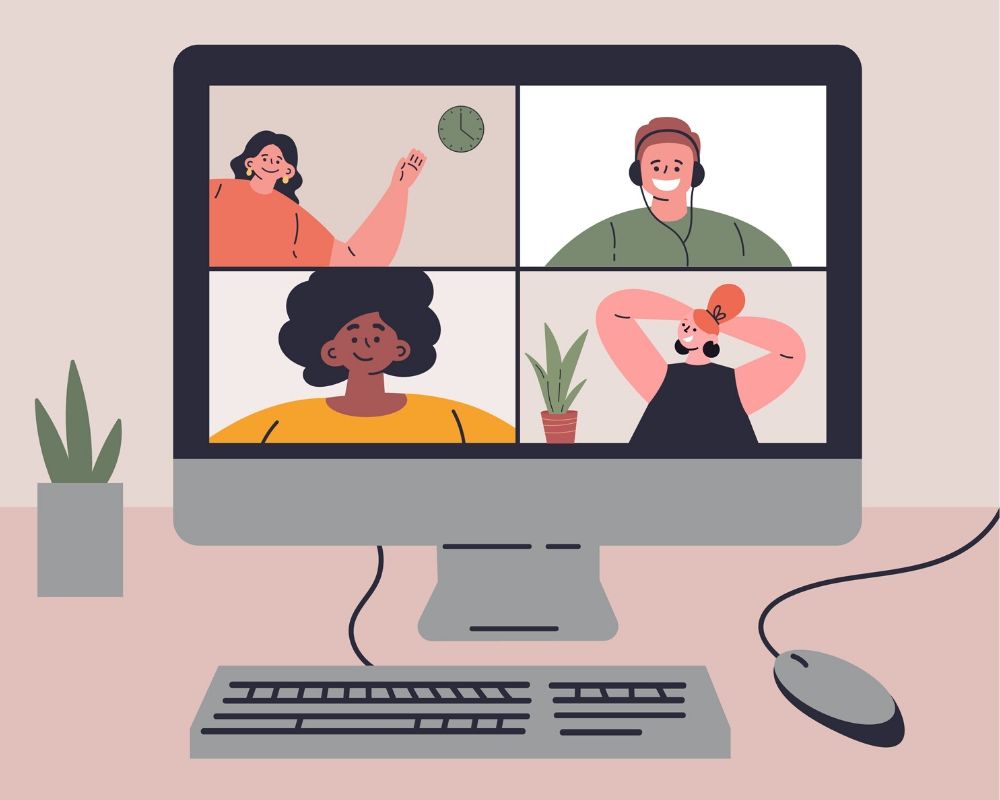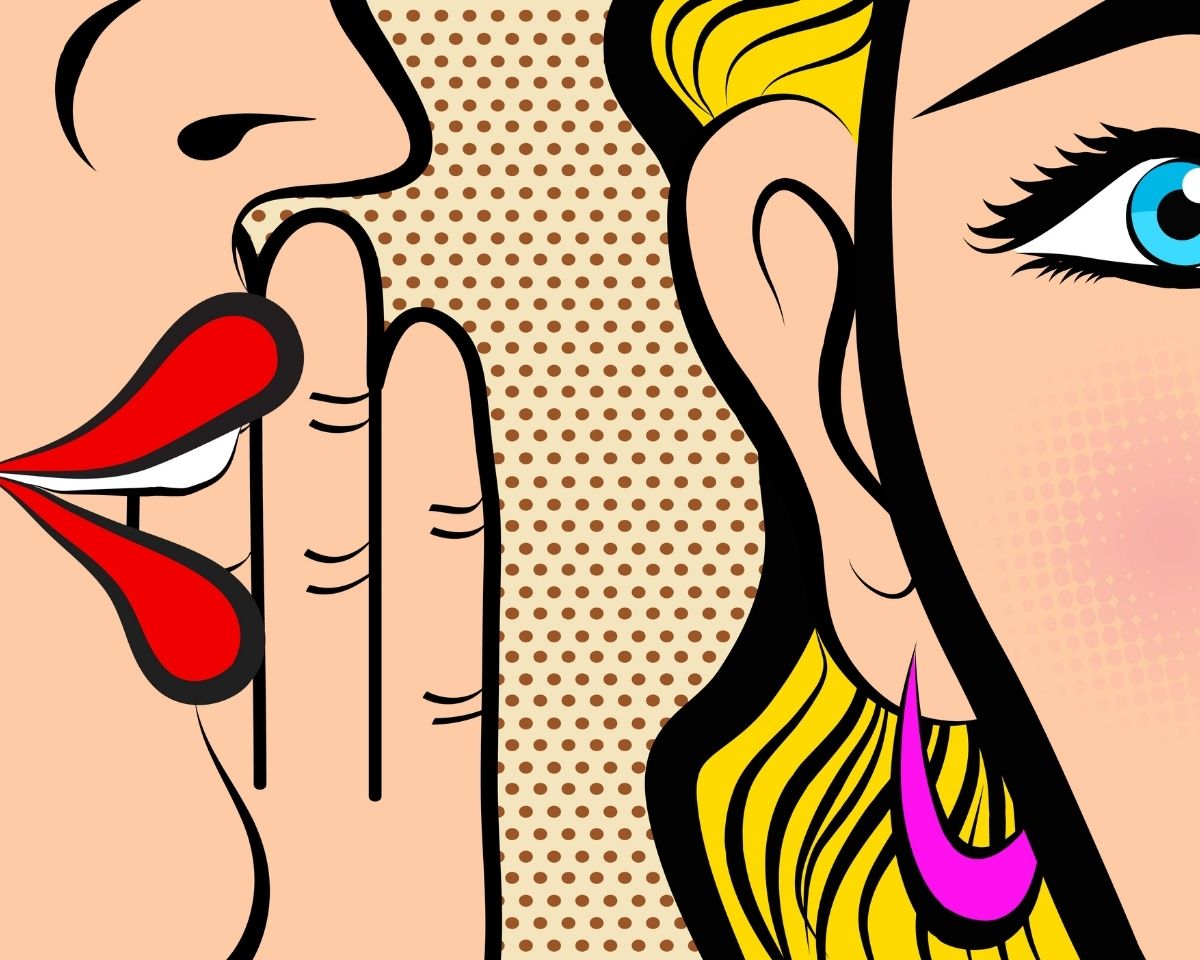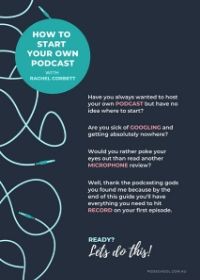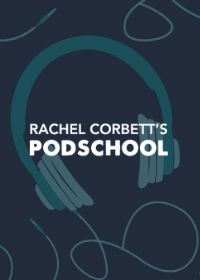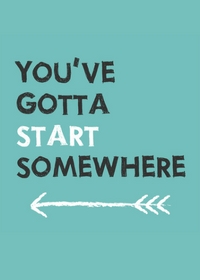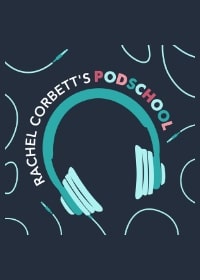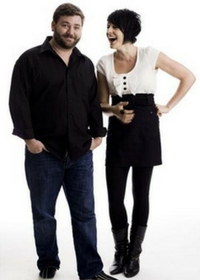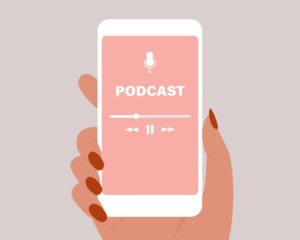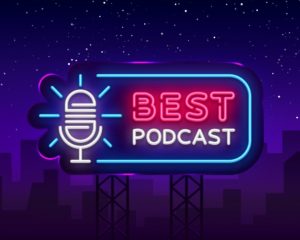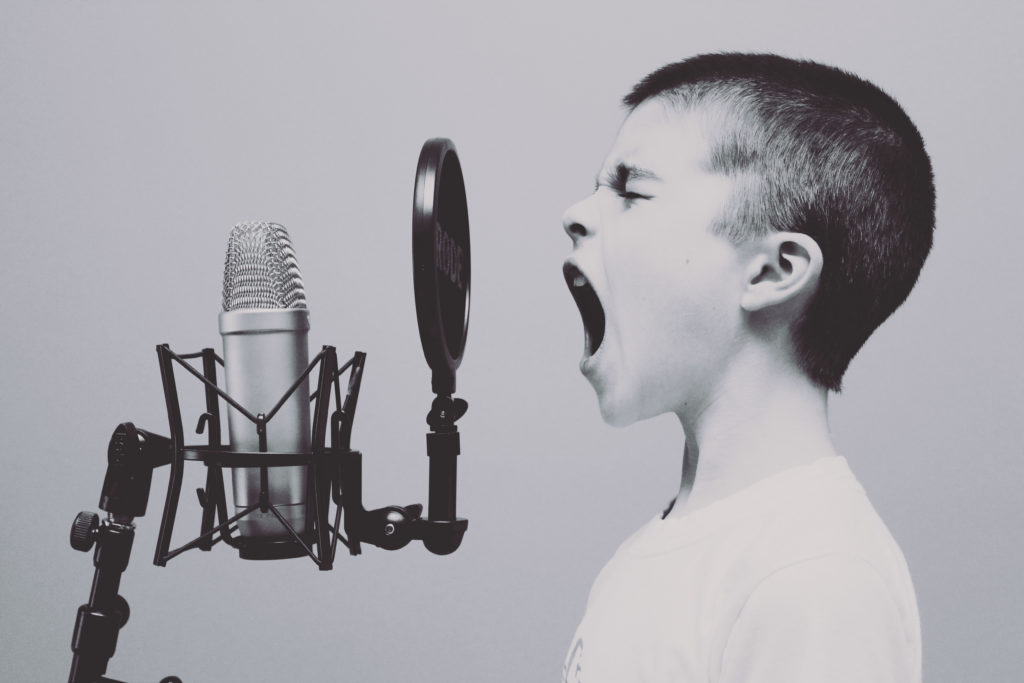
How to present your podcast when you’re on your own
There’s nothing natural about sitting in front of a cold lifeless microphone trying to perform to a listener you can’t see.
So how do you get the energy you need in your voice when you’re presenting your podcast to no one?
Imagine someone in your mind
Conversational energy is easy to harness when you’re sitting across from a warm body. But when you’re presenting your podcast solo you have to find a way to make it feel like you’re talking to someone else.
A good way to do this is to imagine someone in your mind. This might feel silly but it’s something professional podcasters and radio presenters do all the time.
Once you’ve had a lot of practice you’ll do this without thinking. But when you’re starting out you need to actively use your powers of imagination.
Present your podcast in front of a mirror
If you’re having difficulty conjuring someone up in your mind you can always give your brain a little help by sitting in front of a mirror.
You’ll be surprised at what a difference it’ll make to the energy in your voice, just seeing another person (even if that person is you).
This may feel silly but that’s one of the joys of presenting your podcast on your own…no one will know!
Talk to one person
When you’re talking to your podcast audience it’s important each person listening feels like you’re speaking directly to them.
When someone chooses to listen to your content it’s very rare they’re listening with someone else so if you talk to them like they’re part of a group it’ll disconnect you from them.
Using the word “you” whenever you refer to your audience is the easiest way to do this. And think about talking to a single person rather than a bunch of people en masse.
If each individual listener feels like you’re doing the show just for them they’ll feel more connected to your show.
And that’s how you turn listeners into fans.
Put more energy into your voice than you think you need
Energy in your voice is essential to keep people engaged but what feels energetic to you when you’re speaking can often feel much lower energy to someone listening.
This is because some of that energy burns off by the time it reaches the listener.
You don’t want to sound so OTT you come off as insincere. Instead, think about being you with 25% sprinkled on top.
Trying to harness the energy required to sound like you’re having a relaxed, natural conversation in a podcast requires much more energy than if you were actually having a relaxed, natural conversation in a cafe or at the pub.
You want the energy in your voice to be strong enough to meet your listener where they are rather than them having to come to you and sometimes that sweet spot takes time to find.
So make sure you’re listening back to the content you create so you can work out the right performance energy for you.
Got a burning podcasting question you’d like answered? Send me an email.
Want to start your own podcast but need a little help? Download my “How To Start A Podcast” guide or sign up for my online podcasting course, PodSchool.
Hello and welcome to the show. Today I am going to talk about how to sound alive when you're presenting your podcast by yourself. There is nothing natural about sitting in front of a microphone with nobody on the other side of it and trying to perform to a listener. It is bizarre and weird and awkward and it is the easiest way to throw a blanket over the top of your personality so that you end up sounding like a wet fish. I have listened to plenty of people shows where they are vibrant interesting characters but that vibrancy just gets sucked right out of them when they are doing a show.
I've done an episode before on this podcast about reading and how it's the easiest way to disconnect from your audience. Go back and have a listen to that if you want to get a sense of why writing a script for your episode can really suck the life out of you. That's one thing to avoid but one of the ways to really try and inject a bit of energy into your voice is to think about broadcasting to one person and I mean that literally - really think about somebody in your mind. It's bizarre how difficult it is to get energy into your voice when you don't sit across from another human being. That's completely understandable because in everyday life we are used to adjusting our performance style to the person sitting across from us. So when you don't have somebody across from you that you can measure your delivery by it can be really hard to get that same energy in your voice and you need a bit of extra energy when you're doing a podcast so that by the time it gets to the listener it sounds engaging.
So some of the things to do is to think about that one person in your mind, literally picture them. I do this a lot and it's something that you do naturally after you've been doing this for a long time. I think about performing to somebody because I need to think about trying to project my voice to them, trying to engage them, trying to get their attention. All of those things are really important things to think about. Even if it's just you sitting at your microphone by yourself if you find that thinking about one person thing too weird and abstract then (this might be weirder) put a mirror up when you are recording your podcast and do it to yourself. You will be really surprised how much of a difference it makes just seeing skin, eyes, a nose and a mouth across from you. It can make the world of difference when it comes to injecting energy into your voice. So you might feel like a dickhead and it look a little weird to people passing by thinking why are you speaking into a microphone and looking at yourself in a mirror. But it works.
If that still feels too weird then try and record your episodes where you can see someone. If you record at home that might be recording in an environment where you can see your nearest and dearest running around. You can look at them and pretend that you're doing the show to them. If you record in an office or at your work then maybe you can record from a meeting room where you can look out at the people in the office just to get a sense that you are broadcasting to someone. That's what you have to get into your bones - that feeling you are not alone that it is not just you sitting here by yourself but there is somebody there on the other side. And sometimes when you're just starting out when you're not practiced at the idea of speaking into a microphone by yourself you literally need to see someone to get that energy into your voice. So use a mirror, think about one person or just get a little stalky in your personal home space or your office and try and record in an environment where you can see other people. All these things will really help you up the energy in your voice which will only help engage your audience and keep them entertained. The minute that you drop that energy is when they will get distracted and go somewhere else so it's really important to try and do those things to get as much energy into your voice as possible.
I hope that's helped you think about some ways to sound more alive when you are sitting by yourself talking to no one. As always you can find the notes for this episode and all the others in the series at PodSchoolPodcast.com. If you are enjoying the show and finding the tips useful I would love it if you could leave a review in iTunes or wherever you listen to the show. That's it for this week. Thank you so much for listening and until next week, happy podcasting.
